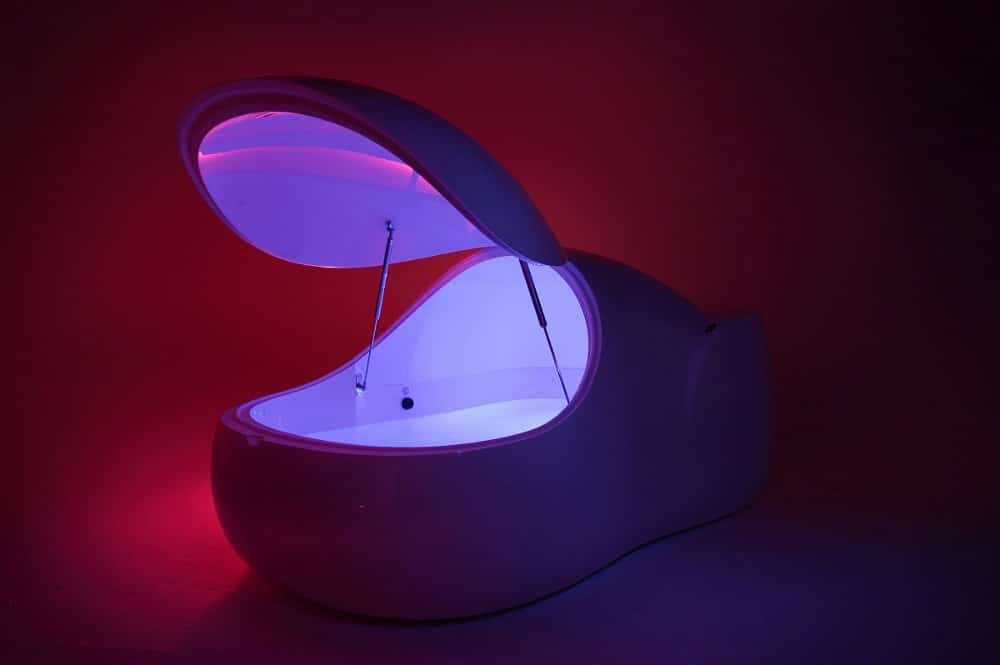The impact of traumatic brain injuries
Traumatic Brain Injuries (TBIs) can come about through impact (for example during sports) or through experiencing blasts / explosives. If mild they may also be classed as concussion.
There are different degrees of effect, and furthermore the impact can vary significantly between individuals. Either way you don’t have to have lost consciousness in the process to have sustained an injury. The symptoms may not manifest straight away. Symptoms can be long term, and can include headaches, slurred speech, loss of co-ordination, loss of sleep, loss of memory and concentration, and slower thinking.
TBIs and concussion can cause scarring and bruising on the brain. This can effectively obstruct certain neural pathways, and prevent messages from getting through to allow the brain and body to function as normal. All of this can have a serious impact on the lives of the sufferers and their families.
Introducing Jeff Nicholls & Alex Oliver
Jeff Nicholls and Alex Oliver are retired Navy SEALS. They have each experienced concussion multiple times and have had to deal with the headaches, loss of sleep and hormonal disruption that followed. They now own Virginia High Performance, a performance training facility in Virginia, USA.
Jeff and Alex spotted a link between high-performing athletes, and people who have served in the Forces. Not only are both groups at a higher than usual risk of sustaining head injuries, but they also have to cope with very high levels of stress. There has to be a limit to how much stress any individual can take; the body often gives warning signs, although we don’t always heed them.
Testing floatation for concussion
Jeff and Alex started using floatation themselves for sports recovery. From there they discovered floating had potential for head injuries and concussion. They even had a device designed and made to enable testing in the salty water, which is not normally friendly environment for electrical devices! Jeff and Alex have no doubt about the power of floatation to help people with concussion.

Positive results
Jeff and Alex worked with 200 people who had received head injuries in combat. Out of 200, only 1 said he didn’t feel any positive benefit from floatation, and that 1 didn’t get anything negative from it either.
Many of the people they’ve worked with were previously dependent on pain medication for such symptoms as debilitating headaches, but have since been able to come off it thanks to floatation.

Some of the ways they found floatation can help:
- For optimum learning, the brain needs good fuel, sleep, and a removal of distractions. Floating can be an ideal way to prepare the brain for accelerated learning.
- Without the stresses of gravity or other sensory input, floatation can be used as a tool to improve mental focus, supporting healing and neurogenesis.
- Floatation improves circulation, bringing more blood to damaged tissues, aiding recovery from physical exertion and injury.
- By relaxing in the tank we can learn to relax elsewhere in our lives. Once your body becomes familiar with letting go in the float pod, it becomes easier to let go using other relaxation techniques. Breathing techniques can be particularly powerful when used while floating, and this can enhance your experiences with them in other situations.
- Floatation is an invaluable help with sleep – the greatest healer of all.
All of these factors are helpful in healing after a concussion.
“The greatest performance-enhancing drug on the planet is sleep”
Another perspective
Dr. David Berv is a Sports Chiropractor and float centre owner in the USA.
Dr. Berv is passionate about the benefits to be gained from floating. He is optimistic about the future of floatation as an part of an alternative treatment package for concussion and TBIs.



